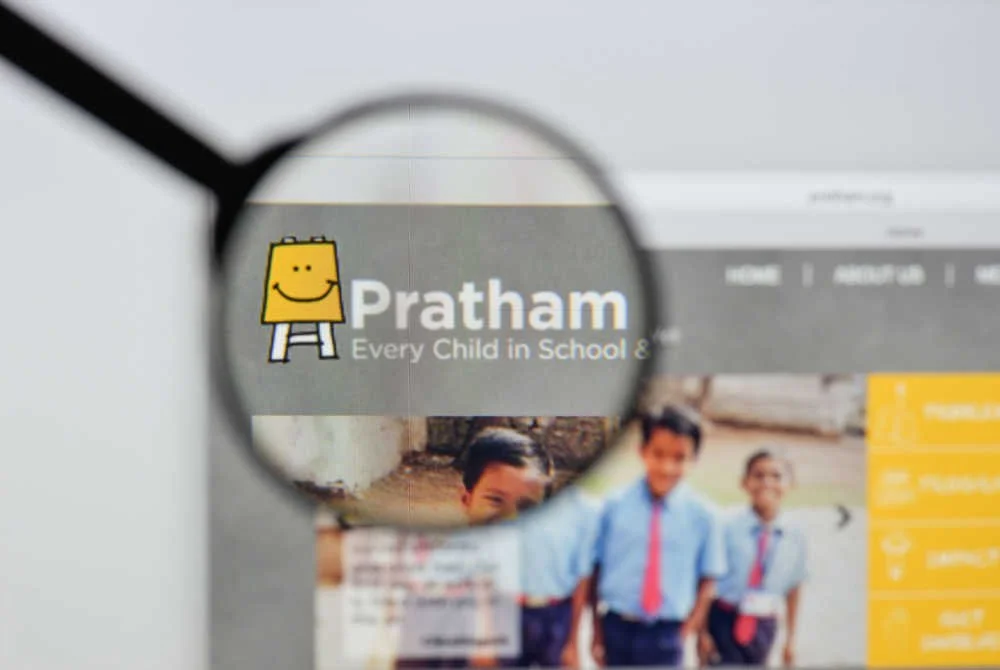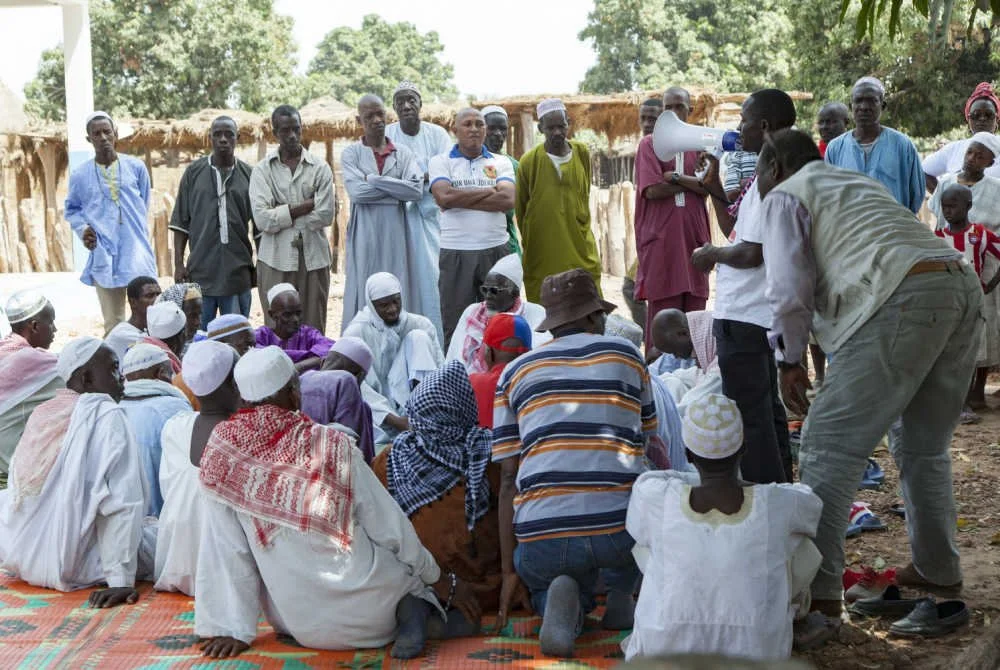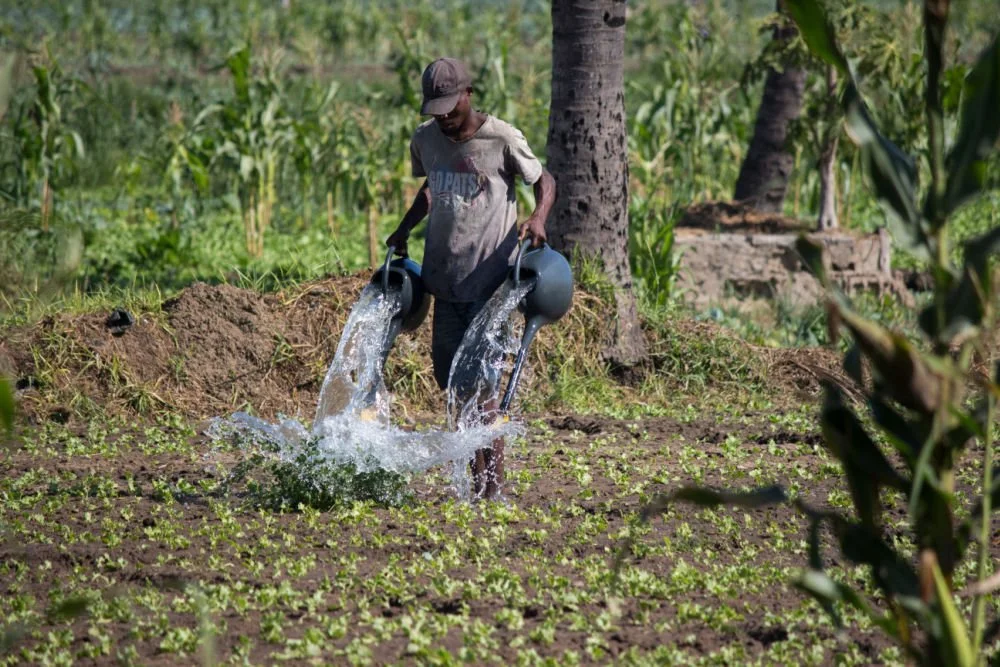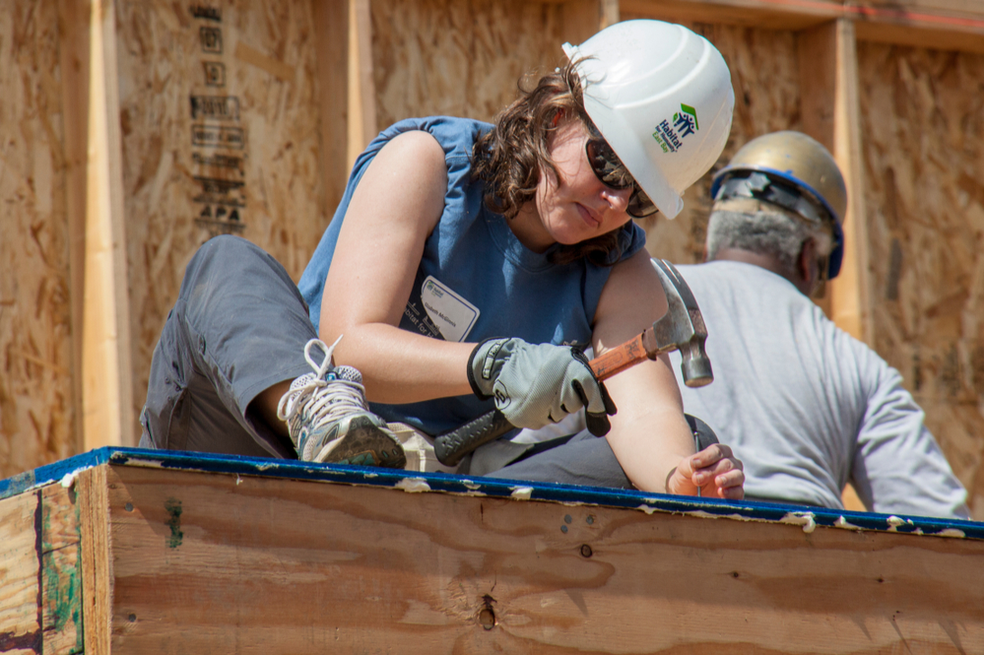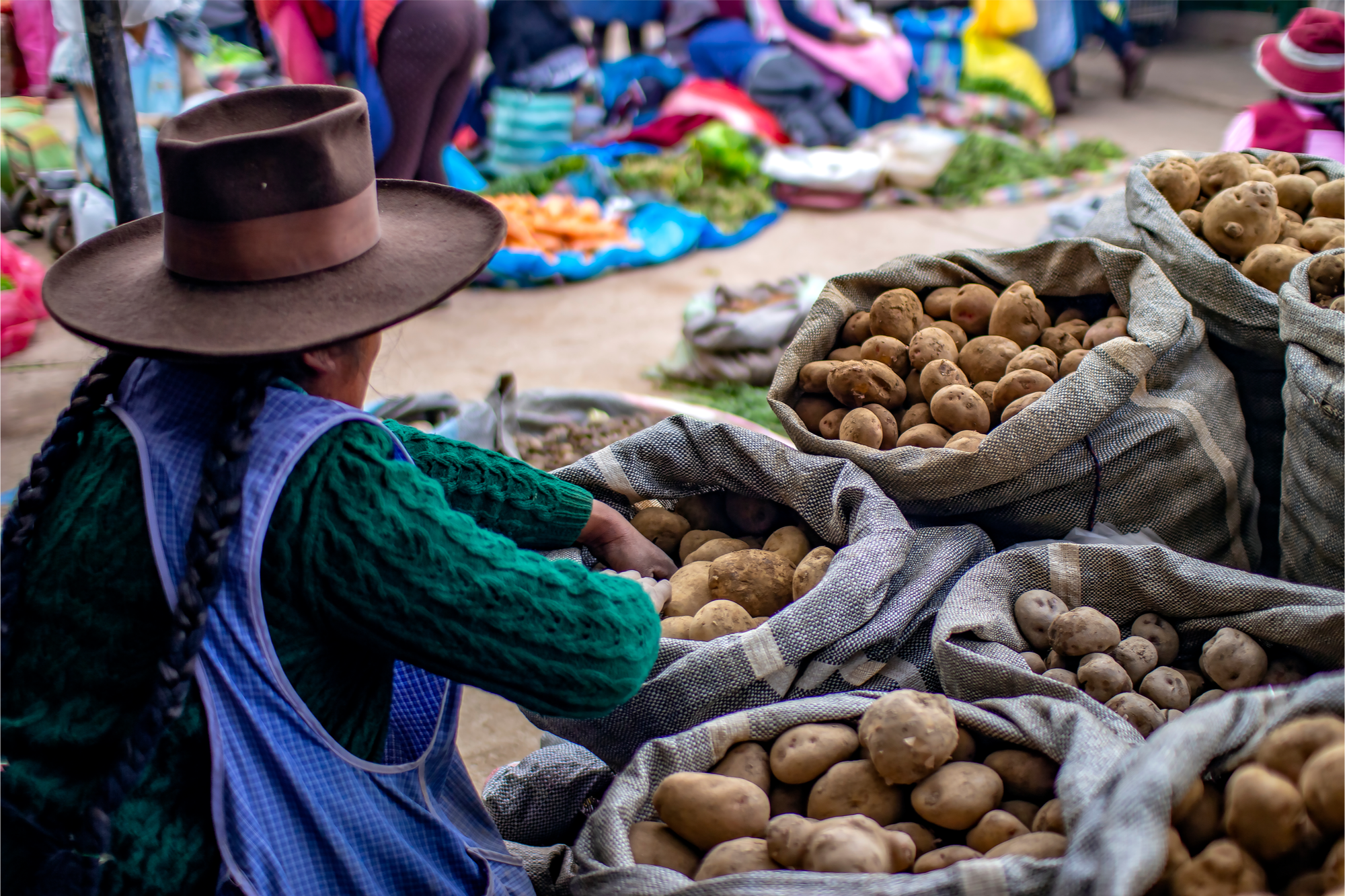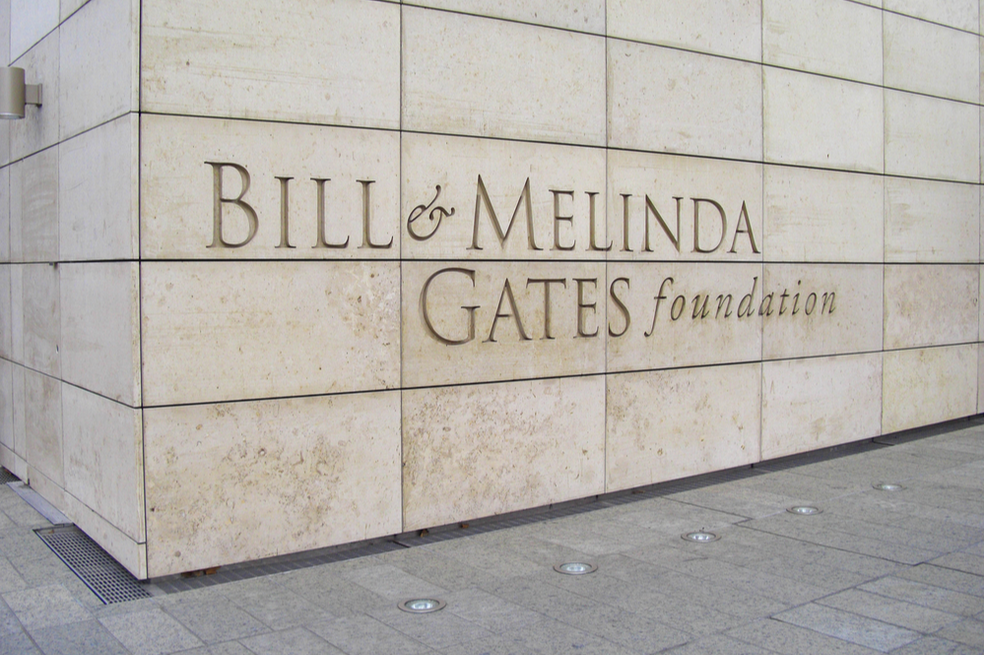The Foundation of a Home Depot Billionaire Turns to Global Giving
/KDN759/shutterstock
Arthur Blank is an American success story. Raised in Sunnyside, Queens, Blank started his career as an accountant. In 1978, he and a colleague, Bernard Marcus, found themselves on the losing end of a political struggle at Handy Dan Improvement Centers. Undeterred, they launched Home Depot the same year. By the time Blank retired as co-chair in 2001, the company was the largest home improvement retailer in the country.
In 1995, in the middle of all that growth, Blank made time to commit himself to philanthropy, founding the Arthur M. Blank Family Foundation. Since then, the foundation has invested more than $400 million in early childhood development, education, green space, community transformation and the arts. It also leads giving programs for his current family of businesses, from the Atlanta Falcons to PGA TOUR Superstore, which opened its 39th location in June.
The great majority of that support is still local. Along the way, Blank became a champion of the place where he built his business, Atlanta, and the foundation has made a name for itself as a regional funder. Keeping grantmaking close to home is common among many major philanthropists. Despite the visibility of top international donors like Bill Gates and Michael Bloomberg, few billionaires are active global givers.
Now, though, Blank’s foundation is extending its reach, teaming up with a group of hometown leaders and an Atlanta neighbor—the international humanitarian aid agency CARE—to give abroad.
CARE Looks to Local Leaders
CARE believes that, given the right resources, women and girls have the power to lift generations out of poverty. Women and girls are at the center of its work, from confronting nutrition and food security to creating economic opportunity. CARE works in 100 countries, annually reaching more than 56 million people around the globe.
Atlanta has been CARE USA’s home and headquarters for the past 25 years. As part of its 75th-anniversary celebration next year, the organization is creating a nationwide network of local leaders to advance its work. The Atlanta Committee for CARE is the first building block in a structure it hopes will advance “a shared vision of investing in women and girls as a force multiplier for change.” Blank has signed on as an honorary co-chair.
Blank Foundation Support
The Arthur M. Blank Foundation will support the organization with a three-year, total $6.8 million grant to foster international economic development, influence policy change, and address disaster relief. Funding disaster relief efforts isn’t new for the foundation. This year alone, in the wake of Hurricane Dorian, it made two grants totaling a half-million dollars. But the support marks Blank’s first formal move into global giving.
Specifically, the foundation will fund CARE’s Pennies to Power program, a savings-led microfinance initiative to establish member-funded village savings and loan associations (VSLAs). CARE began “harnessing the ancient practice of group savings” and “home-grown microfinance” nearly three decades ago. Since then, the program has helped create more than 150,000 groups in 51 countries, allowing millions of women to establish and grow new businesses, send their children to school, and create sustainable futures. Blank’s investments in Malawi, Tanzania and Nigeria are expected to add 1 million more women to those roles.
Christian Pennotti, global director of savings groups for CARE USA, says that beyond its core program metrics, Pennies to Power measures success by the rate of viral replication, as neighbors form their own VSLAs, and by scaling a group management application that digitizes record keeping to monitor progress.
Going Global
Expanding economic opportunity for women through microfinancing is something the World Bank views as crucial to breaking down the barriers to financial inclusion and alleviating poverty. The IFC, which created the first framework for managing risk, agrees, reporting that when women do participate in economies, 90 percent of proceeds are returned to their communities. Repayment rates tell their own story. Most established microfinance organizations report loan repayment rates of between 95 and 98 percent.
Arthur Blank says that while the foundation he chairs has historically focused on domestic issues, he believes “Now, more than ever, in the value of inclusion—not just within our own nation and our own local communities—but worldwide.”
Anyone doing the kind of listening Blank advocates in the foundation’s core values won’t find the pivot too much of a surprise. Once, when asked to reflect on his life’s purpose, Blank mused on the universal joy and connectedness he sees when he’s surrounded by a stadium full of cheering Falcons fans, saying the “kind of inclusiveness, the kind of diversity of representation we have in the stadium, it’s like the United Nations.”
“I do believe that we are our brother’s keepers,” he continued, “within this family of humanity.”
Related:













